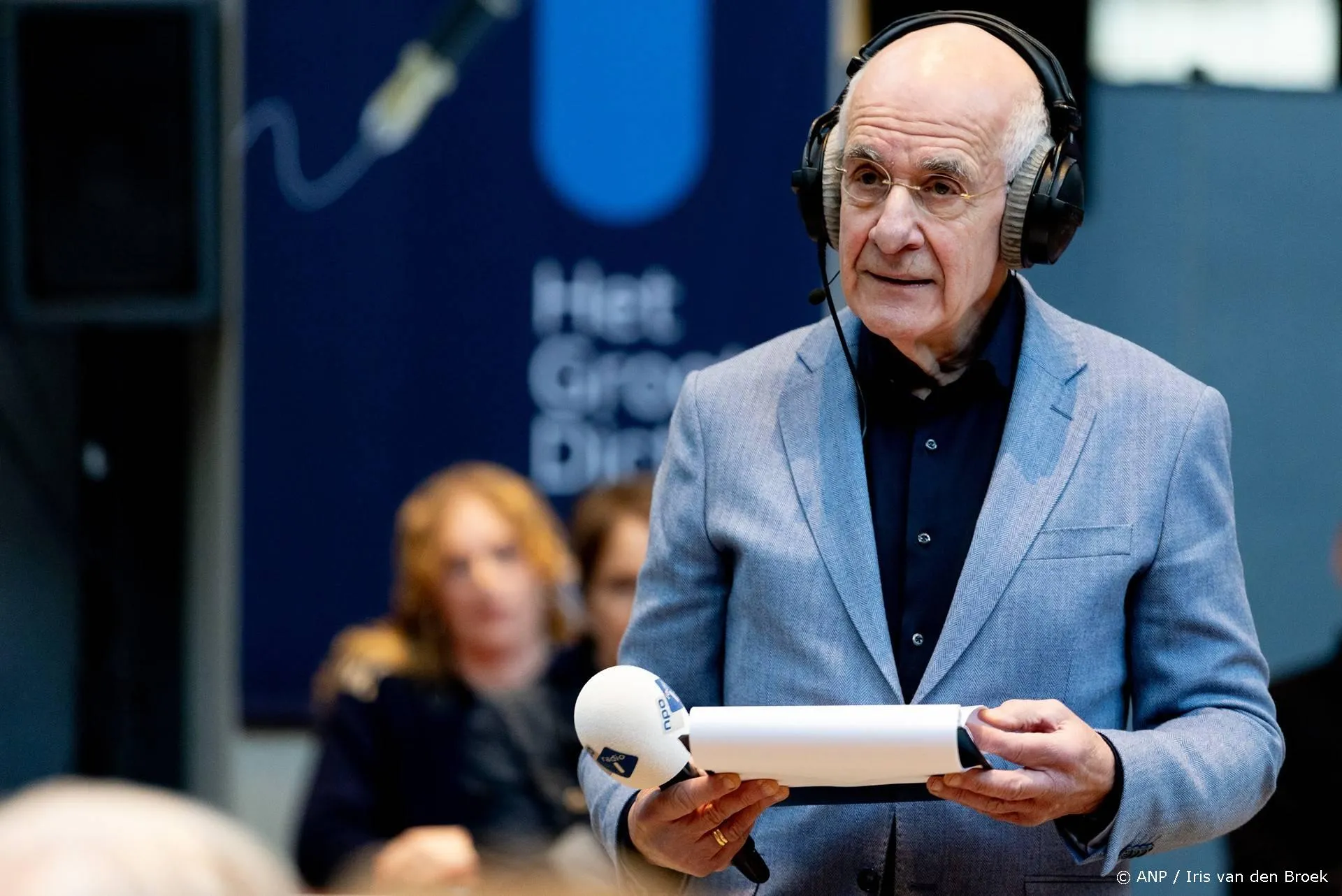Klimaathype en anti-kapitalisme
Pro-markt denktanks en websites hebben een voorhoederol gespeeld in de strijd tegen de AGW-hysterie (AGW = Anthropogenis Global Warming). Dat is niet toevallig want velen zagen in het klimaatbeleid een aanzet tot de opbouw van een ecosocialistische heilstaat.
De historische ervaringen in de vorige eeuw hebben ons geleerd tot wat voor ellende dat kan leiden. Maar elke generatie lijkt zich zo nodig weer aan dezelfde steen te moeten stoten.
Martin Durkin is de producent van de bekende film: 'The Great Global Warming Swindle'. Het was en reactie op de misleidende klimaatpropaganda van Al Gore in diens rolprent: 'An Inconvenient Truth'. Nochtans prees het KNMI Al Gore's werkstuk de hemel in, terwijl het geen goed woord over had voor de productie van Durkin. Een anonieme auteur, verbonden aan het PCCC (Platform Communication Climate Change) schreef:
Samengevat moeten we concluderen dat the great global warming swindle een fraai vormgegeven poging is om o.a. met vervalst wetenschappelijk materiaal de antropogene broeikastheorie onderuit te halen. De argumenten die men daarvoor wilde gebruiken zijn in de wetenschappelijke literatuur al grotelijks achterhaald en de vervalsingen die de filmmakers gebruiken om tóch hun punt te maken, worden door klimaatwetenschappers makkelijk doorzien.
Oeps! Zou deze anonieme auteur daar nu nog zo over denken?
Later bleek de film van Al Gore toch wel wat foutjes en tekortkomingen te bevatten (gemiddeld één per twee minuten draaitijd. Een Engelse rechter, die wat minder fouten had ontdekt dan kritische deskundigen ná hem, bepaalde dat deze slechts op Britse scholen mocht worden vertoond indien de onschuldige kinderzieltjes daarbij zouden worden gewaarschuwd voor het feit dat een aantal zaken niet klopte en de film als politieke propaganda diende te worden beschouwd.
Maar terug naar Martin Durkin. Op zijn nieuwe blog analyseert hij het verband tussen het groene levensgevoel bij de welgestelde intelligentsia, waardoor zij zo kritiekloos op de klimaathype meesurfen, en hun afkeer van de markeconomie, waar zij toch zo'n groot deel van hun welvaart aan hebben te danken.
Martin Durkin:
The Secret of Global Warming - Posh Anti-Capitalism
Poor Al Gore. Global warming is fast turning into a joke. From the jolly Hockey Stick (remember that one) to the topsy-turvy ice core data (what a howler), from the laughable computer models, to the dodgy temperature records not a single scrap of global warming garbage has escaped the blistering, excoriating scrutiny of McIntyre, Lindzen, Christy, Spencer, Singer, Carter & Co.
The awkward-squad army of sceptics have kicked and trampled this theory to death, not once, but a hundred times over. And yet, for all the onslaught of reasoned, scientific argument, the global warming beast refuses to lie down. Like some beleagured, maniac cyborg from the future, it just goes on and on. We all know the reason. The edifice of global warming is built not on science, but politics. But what kind of politics? This is the first in a series of blog pieces to explore the green politics behind global warming .....
The next time youre forced to attend a dinner party, keep an eye out for the global warmer. Then ask him what he thinks about supermarkets (wicked), consumer society (soulless), world trade (cruel) and government regulation (more needed). Global warmers are, in short, anti-capitalist. But and heres the really important thing to understand its a very specific form of anti-capitalism. We might call it posh anti-capitalism.
In the old days, when there was less swearing on TV and kids were scared of policemen, anti-capitalism was coloured Red. The Reds complained that capitalism would cause the immiseration of the workers, and they dreamed of giant socialist factories, out-producing the West. The tragedy (for the Reds) was that capitalism didnt play ball. Instead of getting poorer, ordinary folk got richer much, much richer. For the simple reason that capitalist mass production must necessarily go hand in hand with mass consumption. What the new-leftists call consumer society.
But these days, anti-capitalists are coloured Green. They campaign not in the name of the working class, but of Earth. Instead of giant factories, they dream of little handicraft workshops and organic peasant farms. They complain not that capitalism will impoverish the workers, but, on the contrary, that capitalism has made them too rich. It is the very success of capitalism that seems to upset them. ...
It is more than ironic that the anti-consumption rant comes from people who are, by global standards, rolling in the stuff and from a superior social class. Take a look at Al Gore and Prince Charles, at Jonathon Porritt, the old Etonian friend of Prince Charles, son of Lord Porritt; or the old Etonian Baron Lord Peter Melchett, former head of Greenpeace, or Ecologist editor Zac Goldsmith, another old Etonian, son of the billionaire James Goldsmith, and nephew of yet another old Etonian the Green guru Edward Goldsmith; or eco-warrior Mark Brown, who was acquitted of leading the Carnival Against Capitalism, who is a member of the fabulously wealthy Vestey family; or the founder of the Soil Association Lady Eve Balfour, daughter of the Earl of Balfour; or the author of the Global Warming Survival Handbook, David de Rothschild, and so on, and on.
Charles Secrett, former executive director of Friends of the Earth helpfully explains, Among the aristocrats there is a sense of noblesse oblige a feeling of stewardship towards the land. Brendan ONeill says in The Guardian, It is remarkable how many leading environmentalists come from wealthy or aristocratic backgrounds. And adds, There is something irritating - actually, let's not beat around the bush - there is something monumentally infuriating about rich people telling the masses that they should live more meekly.
En zo gaat Martin Durkin nog een tijdje door.
Hij concludeert:
The Greens tell us that food should come from peasants rather than industrial farms. Chairs and tables should be produced, not in factories, but lovingly by skilled artisans. But as we all know, such antiquated, handicraft methods inevitably produce far fewer, more expensive goods. Handicraft production was what happened in that Green golden age before capitalist production, when the vast majority of people were grindingly poor unable to afford such lovingly crafted, hand-made luxuries. These were the good old days, when everyone knew their place in the natural order. Green anti-capitalism is Snob anti-capitalism. This is not mere name-calling. It goes to the very heart of what Green is about.
Lees verder hier.
Ga verder met lezen
Dit vind je misschien ook leuk
Laat mensen jouw mening weten
Lees ook
Loading


